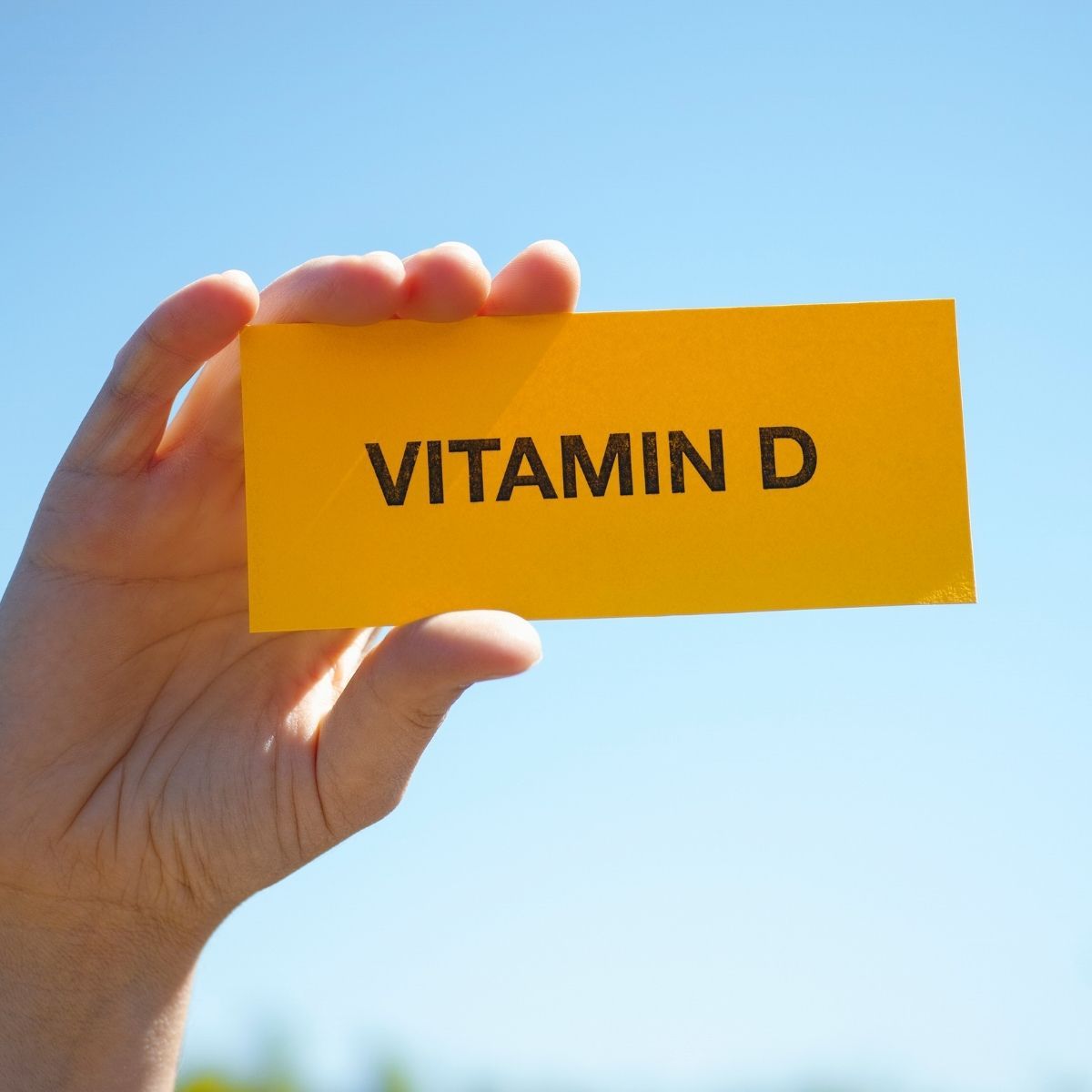Vitamin D, also known as the sunshine vitamin is the only nutrient that our body produces when exposed to sunlight. When exposed to direct sunshine on the skin, the body produces Vitamin D. Spending about 10 – 15 minutes under the midday sun is generally enough to get the required benefits. However, Vitamin D deficiency is still a very prevalent issue today.
Since Vitamin D is created in your skin in response to sunlight, it's also known as the "sunshine vitamin." It's a fat-soluble vitamin that belongs to the same family as vitamins D-1, D-2, and D-3.
Why does the Middle East have a high Vitamin D deficiency rate?
While it may seem absurdly contradictory, the sun saturated Middle East region has an extremely high Vitamin D deficiency rate. In a research published in the Journal of Nutrition and Metabolism, it states that “the Middle East and North African regions have a very high rate of vitamin D deficiency, which reaches 81 percent among various age groups.”
The main reason for this can be owed to the cultural practices, genetic composition and skin color. The traditional attire of the region covers most parts of the body which further affects sunlight absorption, especially for women. To add to that, the relatively high temperatures in the region further inhibits the time spent outdoors for many people.

Why is Vitamin D Important?
Vitamin D aids in the regulation of calcium and phosphate levels in the body. It is necessary for a variety of reasons, including the maintenance of healthy bones and teeth. It may also help to prevent a variety of diseases and ailments, including type 1 diabetes.
Vitamin D aids in the immunological and neuromuscular systems' regulation and is also shown to have a significant impact on the life cycle of human cells. The sunshine vitamin has also been linked to mood regulation and the prevention of depression, according to research.
How Much Vitamin D do you Need?
The recommended daily vitamin D intake is 400–800 IU (10–20 micrograms). According to some research, a daily intake of 1,000–4,000 IU (25–100 micrograms) is required to maintain healthy blood levels. However, it’s always better to consult a doctor before you take supplements as individual requirements may differentiate.

What are the ways to get Vitamin D?
When our skin is physically exposed to sunlight, the body is capable of creating Vitamin D naturally. To ensure proper levels of the vitamin in your blood, you can also acquire it via particular foods and supplements.
Since dark skin absorbs less sunlight, people with dark skin obtain less vitamin D from sun exposure than people with light skin. Vitamin D can also be found in certain foods. Fish liver oils and the meat of fatty fish (such as salmon, tuna, and mackerel) are among the greatest sources. The amount of vitamin D in an animal's tissues is influenced by its food.
What happens if we don’t get adequate Vitamin D?
You may have a vitamin D deficiency if you observe symptoms of bone pain and muscle weakness. Vitamin D has been linked to the prevention and treatment of a variety of diseases, including type 1 and type 2 diabetes and hypertension.
Vitamin D insufficiency has also been linked to rare disease called rickets, a condition in which bone tissue fails to mineralize effectively, resulting in soft bones and skeletal abnormalities.

How much Vitamin D is too much?
Like most things, excess Vitamin D intake might be hazardous in rare situations. It can cause hypercalcemia, a condition in which the blood has too much calcium, which can cause deposits in the arteries or soft tissues. Constipation, nausea, stomach ache and vomiting are a few symptoms of Hypercalcemia, or elevated blood calcium levels.
If you are considering taking Vitamin D supplements or are already consuming them, it’s always best to consult a doctor to know your individual requirements.

